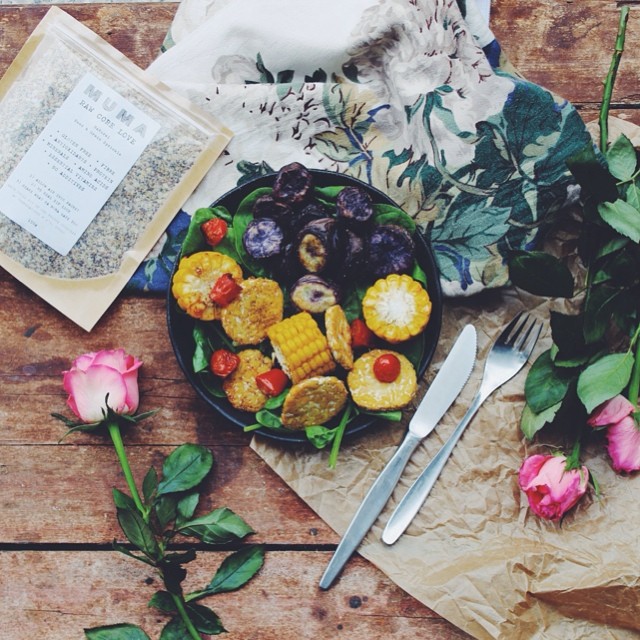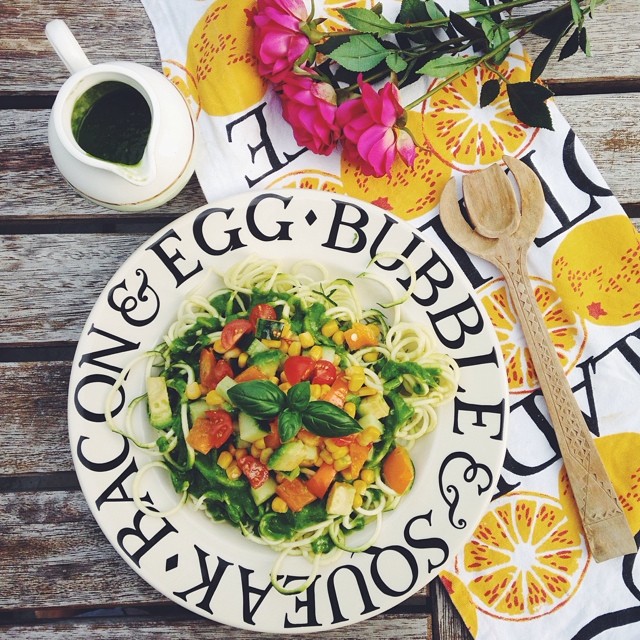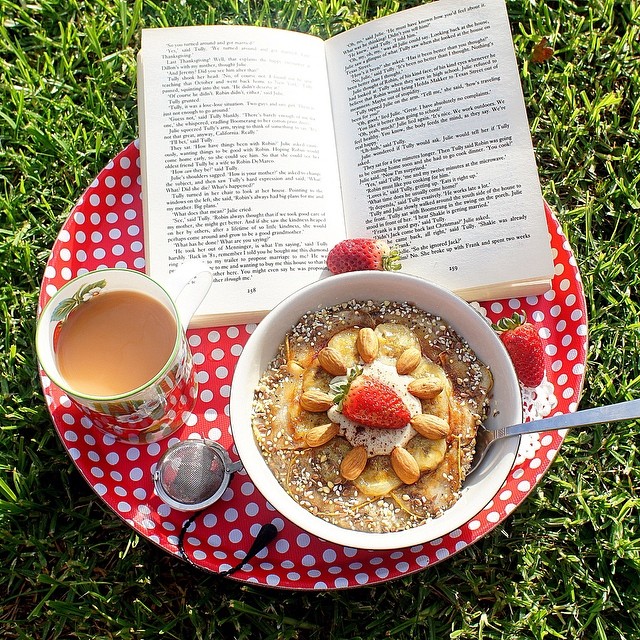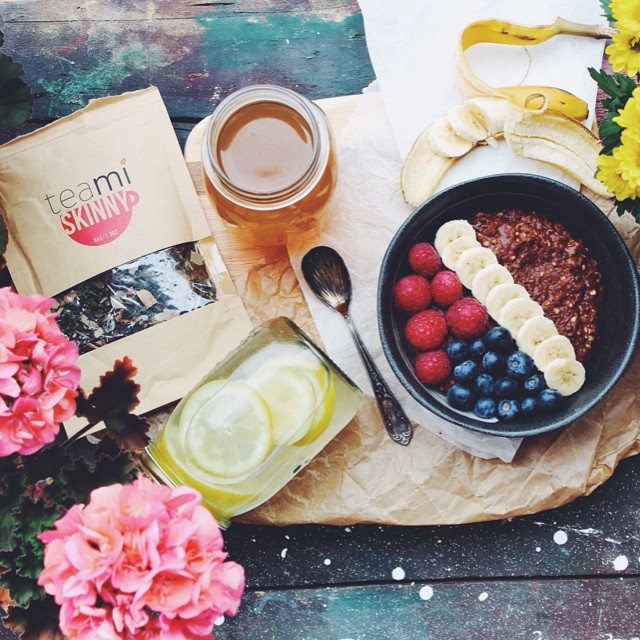
Photo by @roadtoeverywhere
While I was mindlessly searching the web this past week, a recent Buzzfeed article caught my attention. It discusses teenage girls on Instagram — not shocking — but what they are doing came as a little bit more of a surprise. These girls, part of what is loosely referred to as the “Instagram health food community,” are using Instagram to help fix their relationship with food.
Our culture, our bodies and sometimes even our minds revolve around food. As social media has developed into such an integral part of our everyday lives, I think it is phenomenal if it can be used to positively affect our food obsession by fostering community and promoting creativity. However, while the Buzzfeed article begins and ends on uplifting notes about the healing effects of Instagram, it leaves a lot of room for misunderstanding.
The article quickly points out that many of these young women are recovering from eating disorders and that their kitchen creations are a part of that healing process. While this is not altogether unlikely, as a total of about 24 million people suffer from an eating disorder in the U.S., the desire to create and photograph beautiful food is not necessarily linked to recovery. The media world is filled with publications that exist to celebrate delicious food: The Food Network Magazine, Edible Brooklyn, and The Art of Eating to name a few, not to mention the food sections in nearly all local newspapers and publications like Spoon, of course. How can we assume that this group is different?

Photo by @plantbased_pixie
The article was meant to be positive, commending these young cooks for their efforts, but at the same time, it referenced the possibility of their passionate food preparation and photography being another form of obsession (in other words, another form of eating disorder). And while this is certainly a fair point, it also says something about our society: young girls interested in healthy food and photographing their creations are unusual and cause for concern.
Almost immediately following the original article, another appeared, written by unknown members of the “Instagram health food community” who didn’t seem too happy about how they were portrayed. “What the Health Food Community on Instagram Wants You To Know” posed the question: why is what they do viewed as strange and obsessive while many other less healthy practices are deemed normal?
In my own experience as a college student who happens to be interested in health and nutrition, I’m very used to feeling like the exception to the rule. Binge drinking and unhealthy eating are celebrated as rights of passage by college students, but if what makes a person happy is to eat healthily (or Instagram his or her food), he or she is automatically an abnormality or even considered vain or anorexic. As the health food Instagrammers note: “we’ve reached the point where eating a burger devoid of any nutritional value is considered more normal than choosing to fuel our bodies with wholesome food.”

Photo by @eatlikeeloise
The health food community on Instagram is not the problem, but part of the solution. In a world where we rarely stop to think or appreciate beauty, in which eating disorders are frighteningly common, I fail to see how taking the time to prepare beautiful, healthy food is an issue. Yes, much of this food is over the top and unrealistic to prepare (just look at those photos), but if that’s what someone is passionate about, I say more power to them. Leave the health nuts alone and try appreciating a nutritious, visually appealing meal before you knock it.

Photo by @roadtoeverywhere

